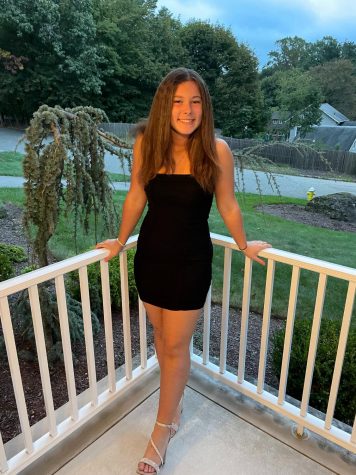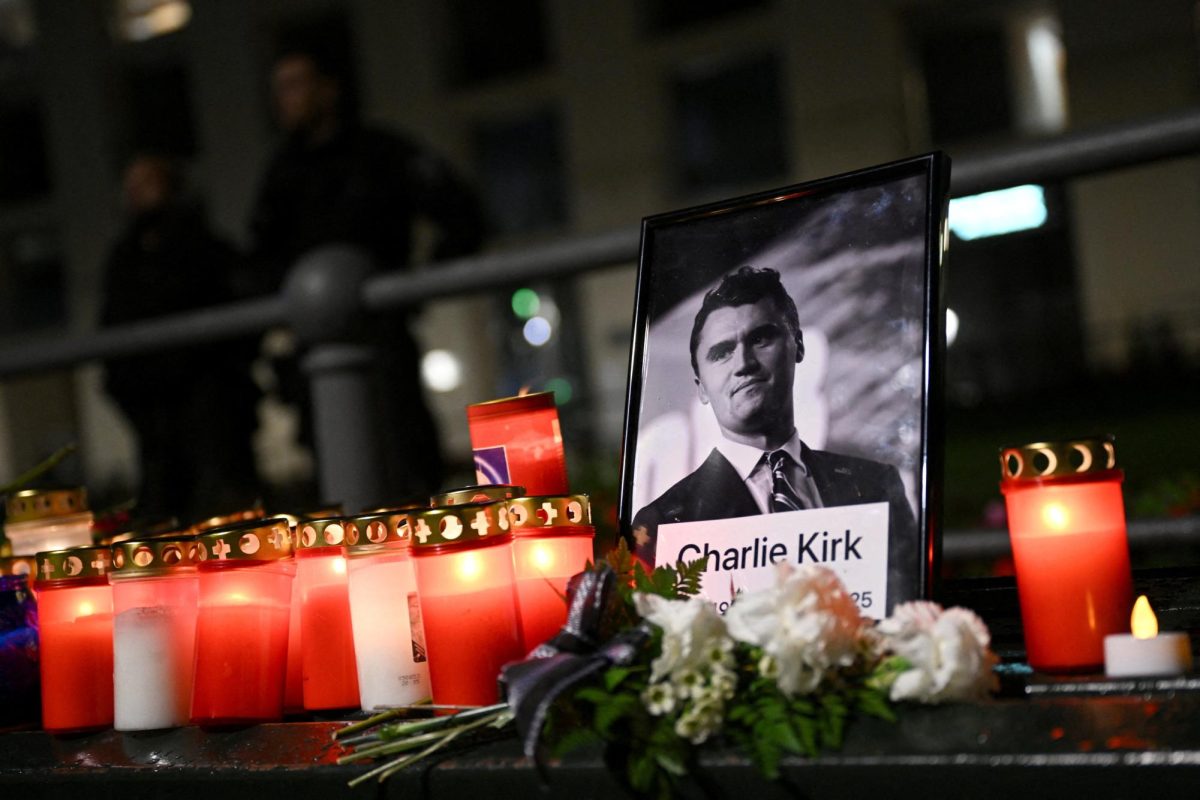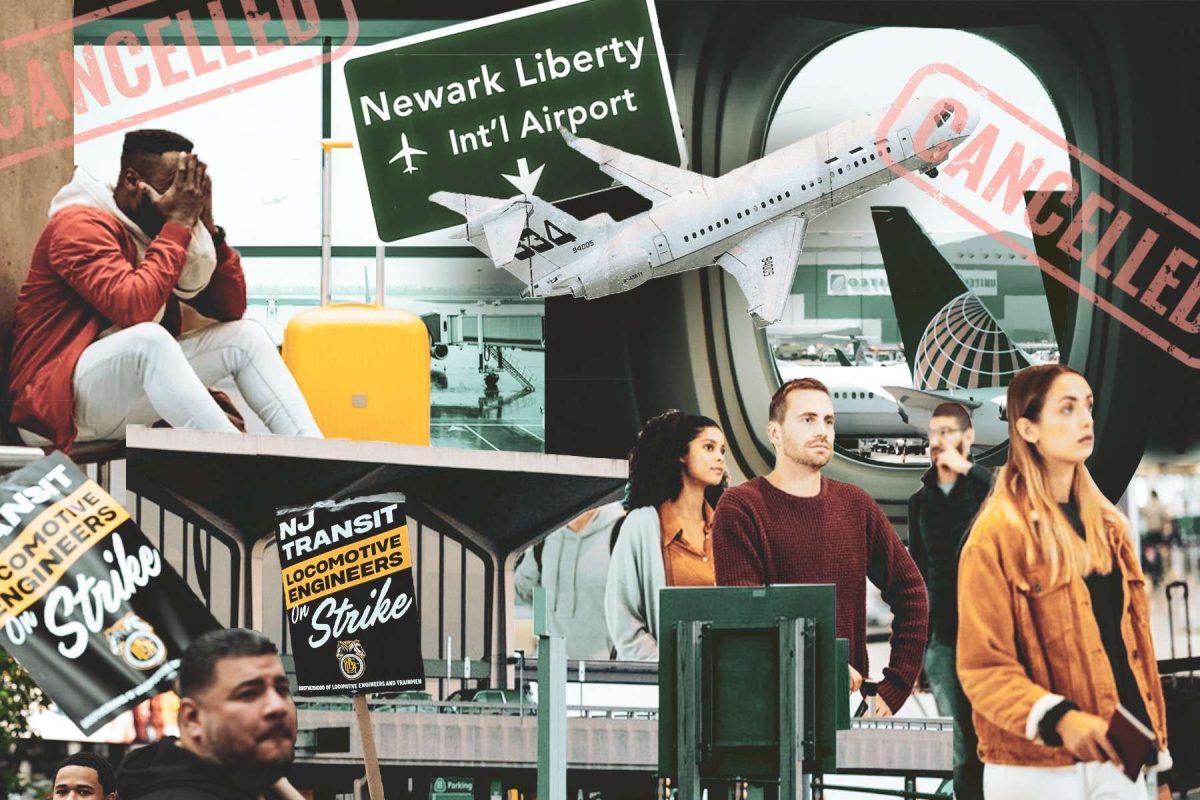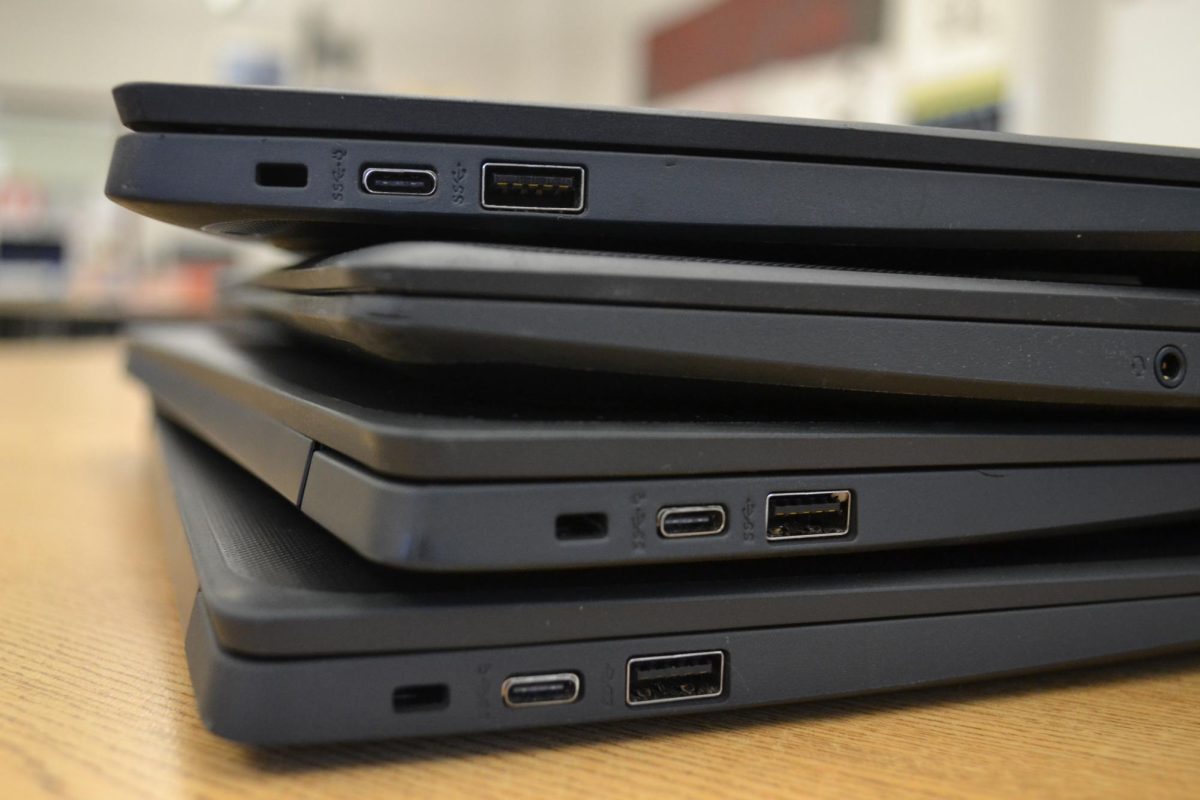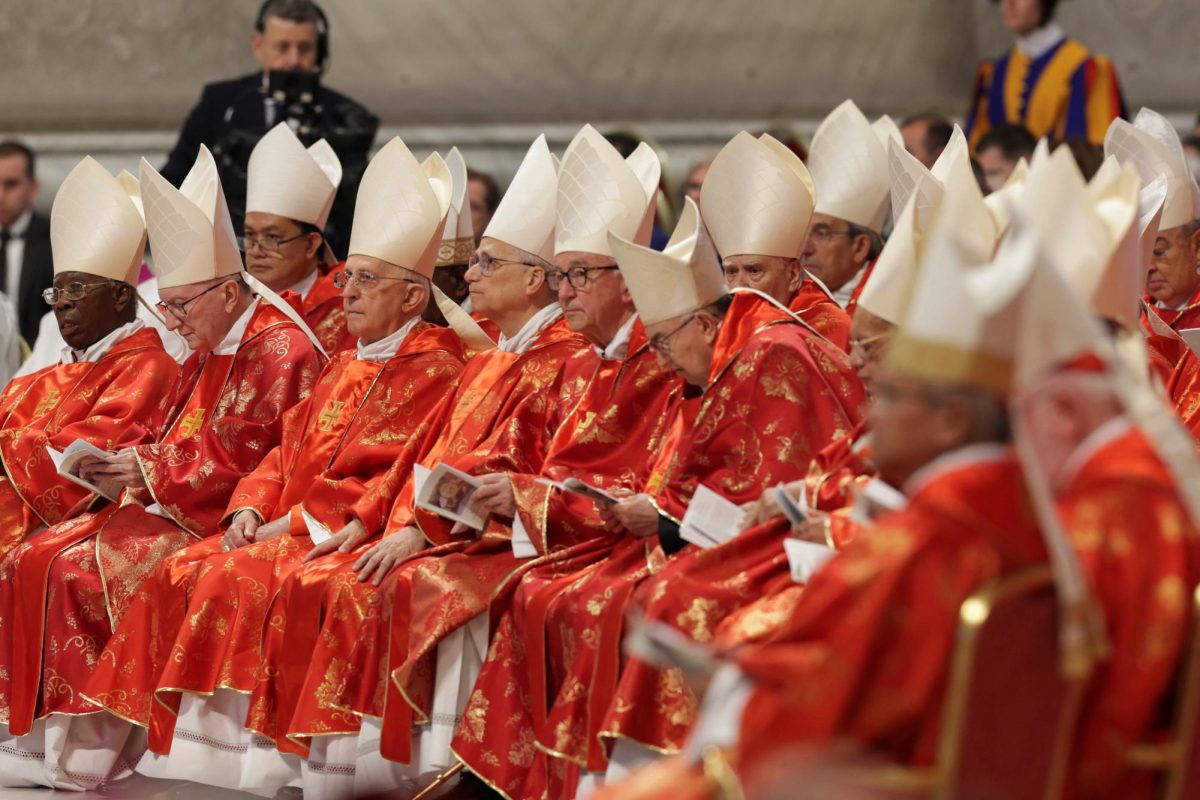College campuses were once a place of safety and security for students as they study their passions and learn to live on their own. Most students felt they could openly express their beliefs without fear of violence. But recently, following the beginning of the Israel-Hamas war on Oct. 7, campuses have become a breeding ground for hate speech and malicious actions surrounding Jewish and Palestinian students.
TULANE UNIVERSITY
On Oct. 26, Tulane University’s campus was filled with pro-Israel protests on one side and pro-Palestine protests on the other. The protest took a turn for the worst as a man on the Palestine side began to burn the Israeli flag. A Jewish student jumped out and attempted to reach for the flag to prevent it from being burned and was assaulted and punched before the scene was broken up. Multiple arrests were issued for the violence, and many students were injured, one of whom was taken to the emergency room for additional care, according to the student newspaper, the Tulane Hullabaloo on Oct. 26.
Some Jewish students who attend Tulane are more comforted by the school’s large Jewish community. Following the demonstrations that have taken place, some students feel less welcome than they have in the past.
Along with a large population of Jewish students on campus, over 40 percent, many are feeling flustered by the recent events and worry that their safety has been compromised.
“This is affecting students at Tulane who are members of the Jewish community since some were unable to safely attend class without crossing through the rally,” West Essex Class of ’20 alumna Josie Berger, a current senior at Tulane University who was in class during the dangerous protests on campus, said. “It is affecting students’ safety on campus since some students might feel targeted, on either side, due to their background and religion.”
CORNELL UNIVERSITY
At Cornell University, the Students for Justice in Palestine organized a rally about the conflict in Palestine. Students and staff came together to express their opinions on Palestinian national liberation and self-determination through boycott. They have been raising awareness on campus and in the Ithaca community.
During the weekend of Oct. 29, there were multiple antisemitic threats against the Cornell Jewish community in online posts. After this, the Biden administration announced new actions on Oct. 30 to combat antisemitic incidents on college campuses across the country, according to a CNN article from the same day.
VERMONT
A man was arrested on Nov. 27 as the suspect in the killing of three college students of Palestinian descent in Burlington, Vermont, according to a CBS article from the same day. Two of the victims were wearing Palestinian keffiyehs, scarves that symbolize Palestinian solidarity.
UNIVERSITY OF WISCONSIN
A group of white supremacists marched through The University of Wisconsin’s campus with swastika flags on Nov. 18. This group was seen walking across town before they landed on the university’s campus. Many students live close to the location where the march was taking place. West Essex Class of ’20 alumna Gillian Wolf, one of the students who could see the march right from her living room window, said the sights horrifed her.
“As a Wisconsin student, it’s disheartening to witness such explicit displays of antisemitism on our campus, a place that should ideally be a hub of diversity, acceptance and shared experiences,” Wolf said.
The University of Wisconsin failed to shut down the march and insisted that they had no way of intervening since their campus is public. They continued to monitor the campus and increased security to ensure that no dangerous actions would take place.
